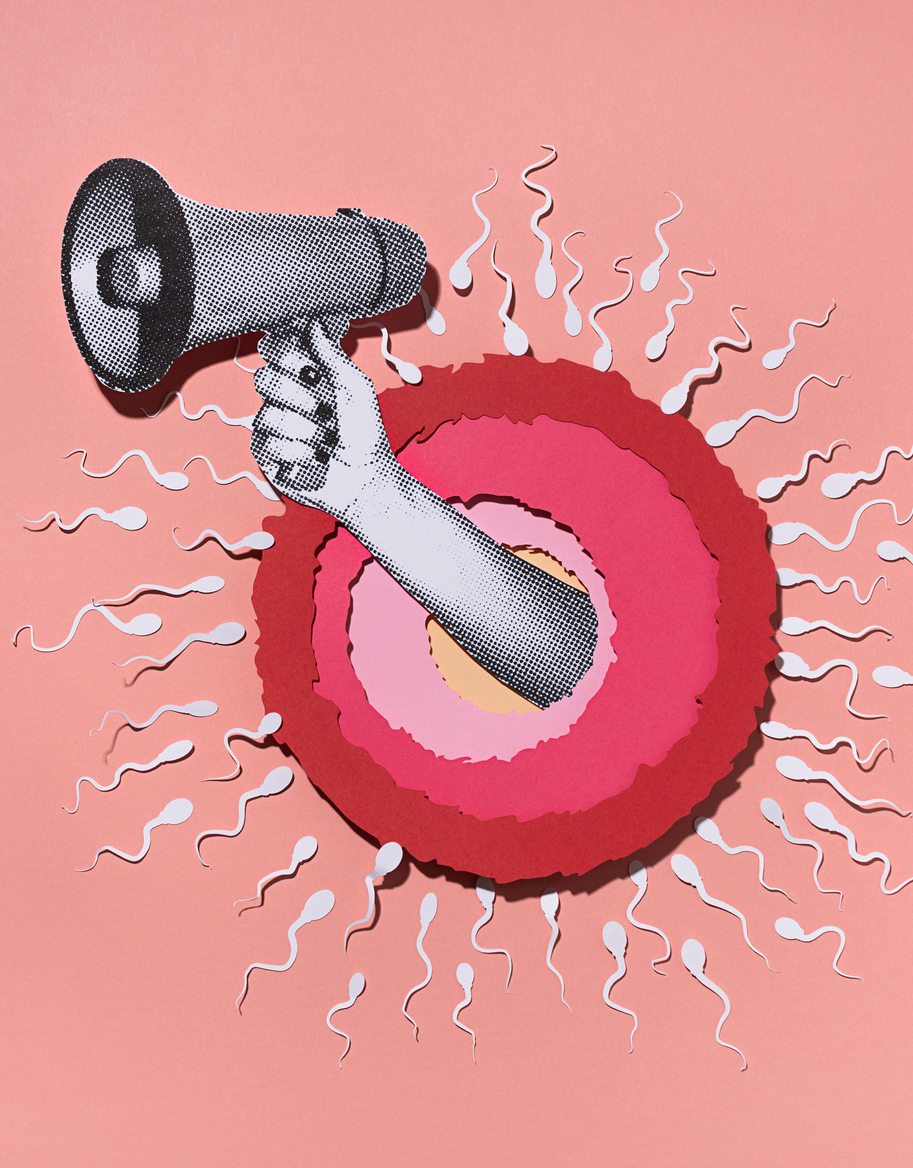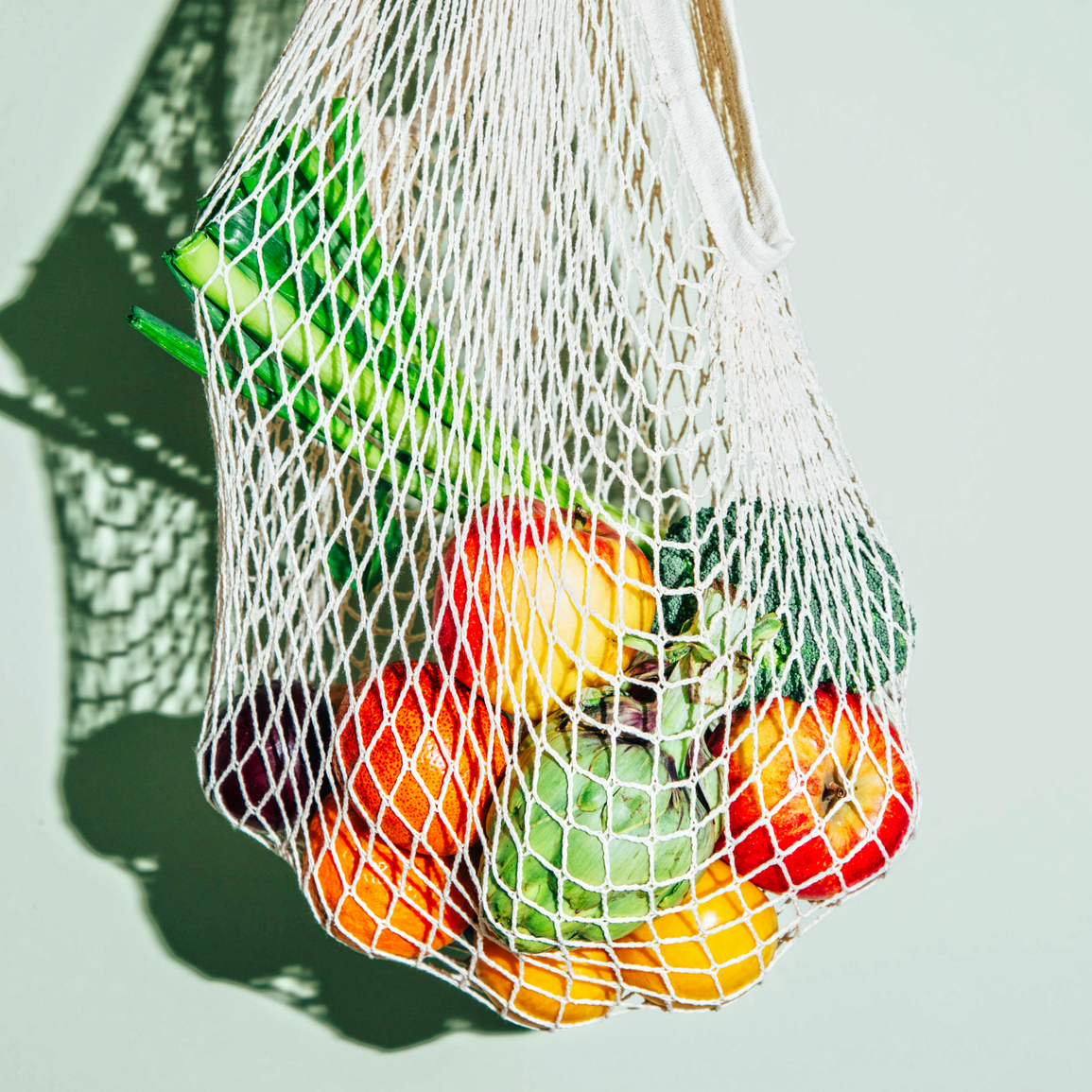Wondering if you might be housing two or more future besties? It may seem like everyone’s having twins these days, and it’s kind of true. The number of twin births has jumped more than 75% in the past 30 years. What’s behind this multiple-baby boom? The fact that we’re all having babies older has something to do with it, along with an increase in fertility treatments + rise in obesity. Yet these are only a few of the factors.
Here are some more:
- You have twins in your family: Your great uncles Eddie + Freddy might not be the only twins representing. Heredity doubles your chances of conceiving twins, but only on the mom’s side.
- You’ve had twins before: Watch out, mama! If you’ve already given birth to twins, you’re more likely to do it again.
- You’re an older mama-to-be: As you age, your chances of having twins goes up. Researchers have found that women over 35 produce more follicle stimulating hormone (FSH) than younger women, which may cause more than one egg to drop at ovulation.
- You’re undergoing fertility treatments: Having any kind of assisted reproduction (especially the kind that stimulates ovulation) multiplies your chances of twins. About one-third of twin births and three-fourths of triplet births (and quadruplet births, etc) can be attributed to fertility treatments, according to a study in the New England Journal of Medicine.
- You’re overweight. Women with pre-pregnancy BMIs higher than 30 are more likely to have fraternal twins than women with lower BMIs. Researchers think it’s because taller women have higher levels of insulin-like growth factor (IGF), which boosts ovulation by upping the sensitivity of the ovaries to FSH.


